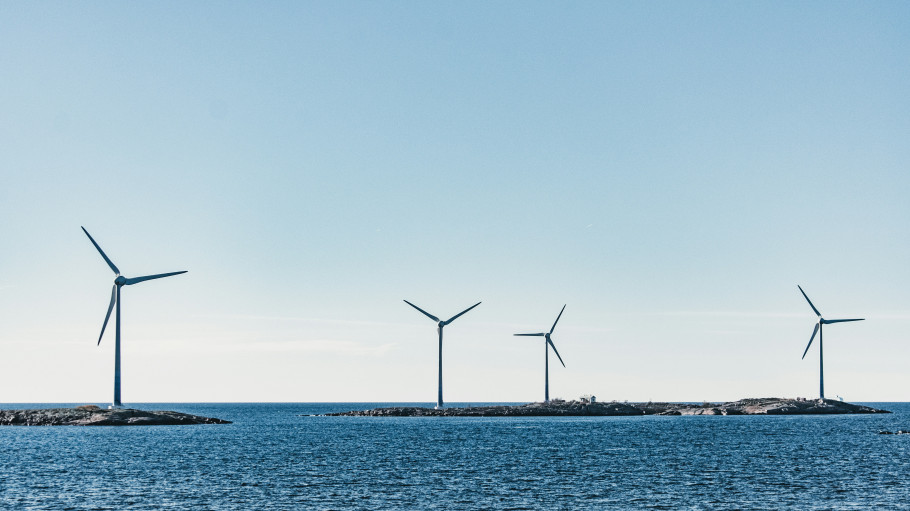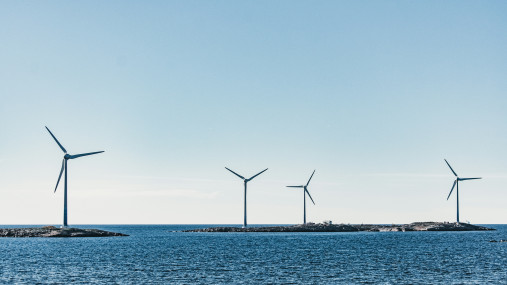
Publications » Position papers » Resilient Wind Energy made in Europe – all components count
Resilient Wind Energy made in Europe – all components count
Downloads and links
Recent updates

The Net-Zero Industry Act (NZIA) aims to preserve the leadership of the Wind Energy sector by enhancing European manufacturing capacity for net-zero technologies (“to meet at least 40% of EU annual deployment needs by 2030”), addressing barriers to scaling up production in Europe. It seeks to increase the competitiveness of the net-zero technology sector and value chain, attract investments, and improve market access for clean tech in the EU. However, as reported by IEA the “non-binding nature of [the 40%] benchmark and the absence of clear policy instruments for its implementation” might put such ambition at risk. This document outlines the recommendations from diversified actors of the EU Wind Supply Chain to reinforce the NZIA texts of secondary legislation to be adopted by March 2025.
Signatories:
EUROFER, The European Steel Association
Offshore Wind Foundations Alliance (OWFA)
European Wind Tower Association (WTA)
Europacable
ArcelorMittal
Sif Group
GRI Renewables Industries
Chantiers de l’Atlantique
AG der Dillinger Hüttenwerke
DONAKO Ltd
Salzgitter AG
Westlake Epoxy BV
Full text available for download in the pdf below.

Brussels, 24 February 2026 - Europe’s energy-intensive industries have set out a series of proposals to ensure that the EU’s upcoming Electrification Action Plan delivers on its objectives to stimulate and boost electricity consumption in industry. In a joint position paper, industries warn that persistently high electricity prices risk undermining industrial competitiveness and decarbonisation efforts. They call for a policy framework that will enable EU industry in pursuing decarbonisation and industrial competitiveness.
Energy-intensive industries (EIIs) provide direct employment to around 2.6 million people in the EU and represent the foundations of critical and strategic value chains for the EU economy and society. The current economic and energy outlook of the European Union is making investments in electrification and the continued business operation of our sectors at serious risk, should the energy-cost challenge not be solved.
Brussels, 20 February 2026 – EU steel exports to the United States fell by 30% in the second half of 2025 compared to the same period in 2024, after the imposition of 50% tariffs according to new Eurostat data. The expansion of the U.S. tariff regime to include downstream steel-intensive products, such as machinery and equipment, is expected to amplify its impact on both EU steel producers and their customers. The European Steel Association (EUROFER) said the figures underscore the need for any EU-US trade agreement to be fair, balanced and enforceable.